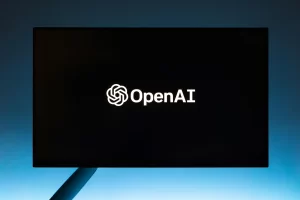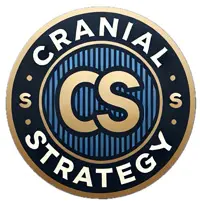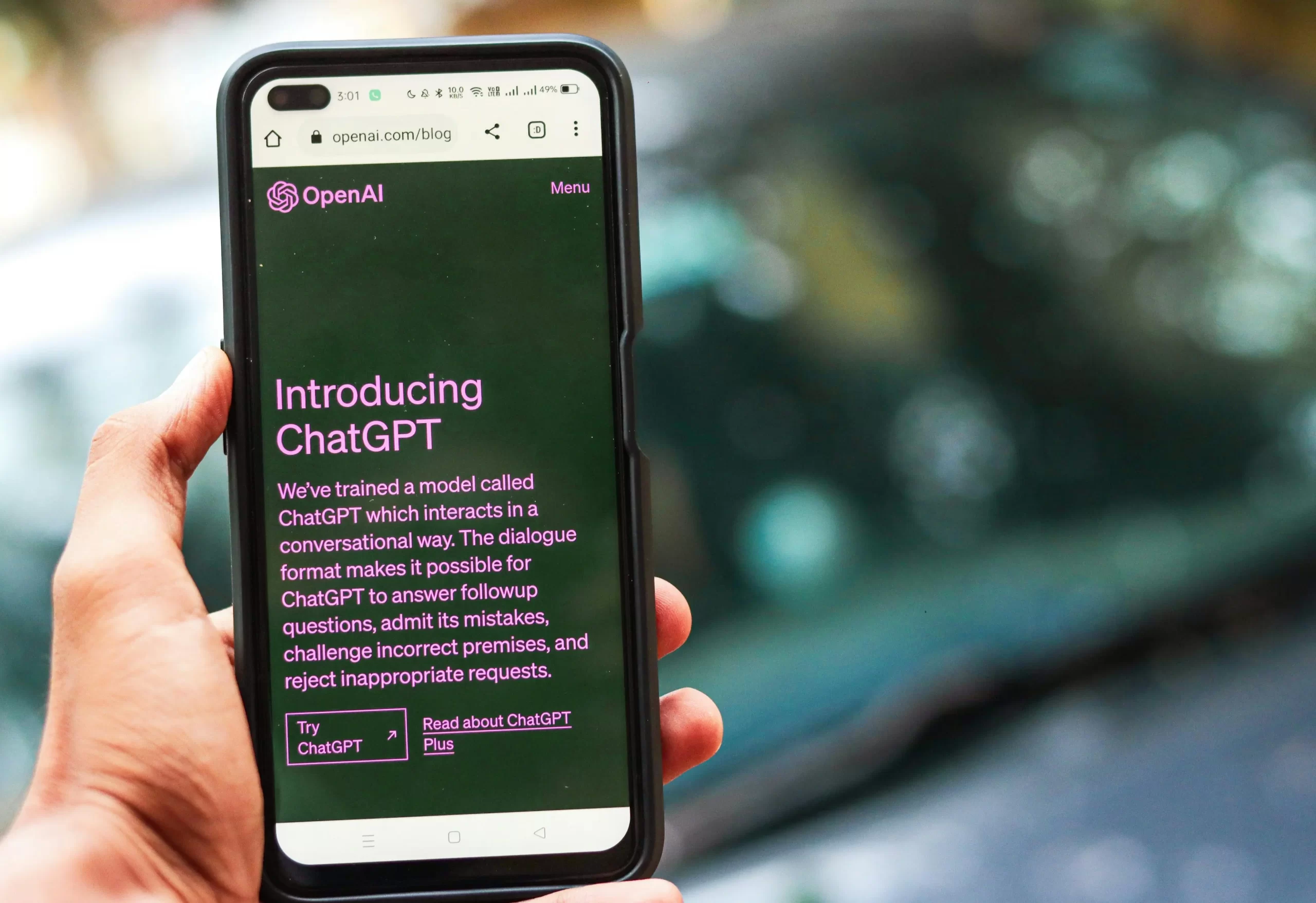ChatGPT and College Applications is big concern for admission officers. The college admissions process is becoming more competitive every year. Students everywhere are working harder, applying earlier, and looking for any possible advantage. Because of this, many are turning to artificial intelligence tools like ChatGPT. At first glance, it feels like the perfect shortcut. However, when we truly explore the connection between ChatGPT and college application writing, the picture changes dramatically. While AI might offer speed and convenience, it brings serious risks, ones that can quietly damage your chances of success.
Why ChatGPT Is Popular in College Application
Fast Writing, But At What Cost?
The use of ChatGPT in the college application space has grown rapidly. Students now use it to brainstorm essay topics, generate outlines, write personal statements, and even describe extracurricular activities. It creates full-length content quickly and uses polished language. For overwhelmed students juggling deadlines, this seems like a simple solution. Yet that convenience may be masking deeper issues.
College Essays Are Personal, Not Robotic
It’s essential to remember that a college application is not just another writing task. It’s your personal narrative, an authentic expression of your growth, ambition, and character. ChatGPT doesn’t know your past, your struggles, or your voice. As a result, it cannot craft a story that feels real. Instead of drawing from your life, it generates ideas based on patterns and public data. When students rely on ChatGPT for such a personal task, their essays may sound fine, but feel empty. They lack the emotional depth that makes an application unforgettable. They sound generic. They don’t sound like you.
Challenges of ChatGPT and College Application Writing
Generic Responses That Hurt Your Story
A common issue with ChatGPT essays is repetition. Since it uses pre-learned structures, it often recycles the same phrases and formats. Consequently, many students using AI end up submitting essays that sound eerily similar. Admission readers, who evaluate hundreds of applications daily, immediately notice when a piece lacks originality. This puts you at risk of blending in rather than standing out.
No Real Emotion or Personal Insight
Another major drawback is emotional disconnect. ChatGPT cannot feel or reflect. It doesn’t understand the value of a hard-earned lesson or the meaning behind a personal loss. It cannot describe your quiet confidence or your unique leadership style. These human elements are what admissions teams remember. Without them, your story fades into the background. Moreover, the absence of specific memories, real emotions, and vulnerability means that your application will lack impact. Even if the structure is sound, the heart of your story is missing.
Risks of Plagiarism and AI Detection
Even more concerning is the risk of unintentional plagiarism. Although ChatGPT generates original text, it mimics phrases and structures from internet data. Some colleges now use AI detection tools to flag suspicious essays. If your essay is flagged as AI-written, it may be rejected or scrutinized more harshly. This could jeopardize your entire application. Additionally, inconsistency across your application can raise doubts. If your essay reads like a professional blog post, but your other materials sound more natural, it could signal a red flag. The admissions office may question who really wrote your essay.
You Miss the Growth Journey
One of the biggest losses when using ChatGPT is missing the chance to grow. Crafting your own college application teaches valuable skills: reflection, self-awareness, and storytelling. These skills are not only helpful for admissions, but also crucial in college and life. Skipping this process means skipping a critical step in your personal development. Writing your own essay isn’t just a task, it’s part of your transformation. When you own the process, your confidence grows. Your understanding of who you are deepens. This maturity shows through in your application, and it’s what colleges are looking for.

AI and ChatGPT in College Application
Why College Applications Need the Human Touch
You Have a Story Only You Can Tell
No matter how advanced AI becomes, it can never replace your unique perspective. Your journey is filled with moments, emotions, and insights that no machine can replicate. Maybe it’s the day you stood up for someone. Or the challenge that pushed you to grow. Or the quiet moment that changed your future. These stories are yours alone. Including these real moments makes your essay authentic. And authenticity resonates more than perfect grammar ever could.
Admissions Officers Want Authenticity
Admissions officers don’t just want high GPAs and impressive test scores. They want to know the person behind the numbers. They look for students with self-awareness, vision, and purpose. When you use ChatGPT, you hand over your voice. You trade your truth for convenience. That trade-off often costs more than it saves. In contrast, a well-written, human story invites connection. It builds trust. It leaves an impression. Ultimately, that’s what gets remembered.
Long-Term Consequences of Using ChatGPT and College Application
You Risk Disqualification or Rejection
With AI detection tools becoming more common, schools are prepared to investigate applications that seem artificially generated. A flagged essay might not only get rejected, it could also cast doubt on the rest of your application. And recovering from that impression is nearly impossible. Even if AI tools remain undetected, they can still fail you. A bland or forgettable essay may not harm your application directly, but it certainly won’t help. And in today’s ultra-competitive environment, that’s not good enough.
You Undermine Your Own Voice with ChatGPT and College Application
Over time, using AI can make you doubt your ability to write and reflect. Instead of developing your voice, you silence it. This can have lasting effects, not just on applications, but also in college-level writing, interviews, and beyond. Communication is a critical life skill. Outsourcing it sets you back instead of helping you grow.
You Miss the Power of Personal Strategy with ChatGPT and College Application
There’s one more reason to avoid ChatGPT: it lacks strategy. A successful college application isn’t just about the essay. It’s about how everything connects, your goals, your achievements, your story. Strategy links your past to your future and your experiences to your ambitions. ChatGPT doesn’t know how to build that narrative. But you can especially with the right guidance.

Cranial Strategy: The Most Efficient Approach to Crafting a College Application
The Role of Cranial Strategy in College Applications
Cranial Strategy Is the Smart Advantage
This is where Cranial Strategy becomes essential. Real college success doesn’t come from copying what others do. It comes from crafting your own story, with purpose. Cranial Strategy helps you do just that. Instead of filling in the blanks with generic content, you build a powerful, personalized profile that reflects your real strengths and future potential. You learn how to think, reflect, and present your story in a way that connects. Every part of your application becomes intentional. That’s what admissions teams want to see.
From Ordinary to Outstanding
With Cranial Strategy, you move from average to exceptional. You get the tools to highlight your strengths, the guidance to discover your story, and the support to express it with clarity. More importantly, you gain confidence, not only in your application but in yourself. While ChatGPT can write quickly, it can never create connection. It can’t build your identity. And it certainly can’t prepare you for the interviews, essays, and academic writing ahead. But a strategic approach can.
Final Thoughts on ChatGPT and College Application Writing
There’s no doubt that AI is changing how we live and learn. But when it comes to the ChatGPT and college application journey, technology should support you, not replace you. Your application deserves your voice, your story, and your effort. ChatGPT can’t do that. But you can, with strategy, guidance, and reflection. The shortcut may look tempting, but your future deserves more. If you’re serious about building an application that rises above the rest, you don’t need a robot, you need the right roadmap. You need purpose. You need vision. And yes, you need strategy. You take the lead with Cranial Strategy.
References
Is AI Affecting College Admissions? | USNews
College Admissions Trends: AI, College Essays And Going International | Forbes

